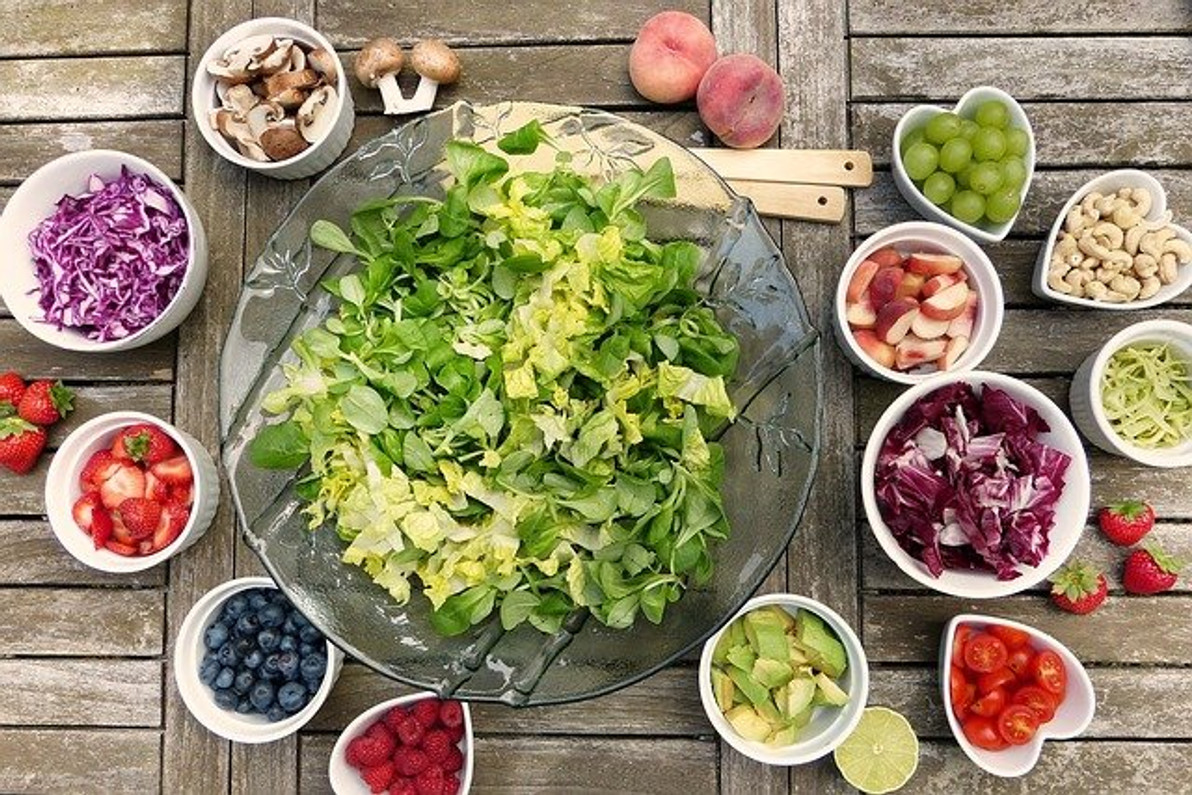Study Shows High-Flavonoid Foods Protect Against Cognitive Decline
Cognitive decline is a common condition from many millions of people suffer. As we age, our bodies go through a myriad of physical and mental changes. One such age-related mental change is cognitive decline. It involves a decline in mental awareness and aptitude. While you can't stop your body from aging, there are ways to slow down cognitive decline, one of which is embracing a high-flavonoid diet.
The Correlation Between Flavonoids and Cognitive Decline
According to a new study conducted by researchers at the Harvard T.H. Chan School of Public Health, including a high concentration of flavonoids in your diet can protect against cognitive decline. For the study, researchers analyzed health data involving some 75,000 adults. The data spanned over 20 years. After crunching the numbers, researchers concluded that adults who consumed at least 600 milligrams of flavonoids per day were about 20% less likely to experience cognitive decline than their counterparts who consumed fewer milligrams of flavonoids.
What Are Flavonoids?
Unless you're familiar with them, you might be wondering what flavonoids are exactly. Flavonoids are naturally occurring polyphenolic compounds that protect plants from damage. With the exception of hornworts, nearly all plants contain flavonoids. These polyphenolic compounds act as a shield by protecting plants from stress-related damage.
Flavonoids are essentially plant-based antioxidants. Like all antioxidants, they curb oxidation. Oxidation is a form of stress that's characterized by oxygen-related degradation. It's a chemical reaction that involves a substance or material breaking down from oxygen. Flavonoids protect against oxidation. They protect plants from oxidation. And when consumed, they can protect the human body from oxidation as well.
How to Increase Your Intake of Flavonoids
You can increase your intake of flavonoids in several ways. Because they occur naturally in plants, conventional wisdom should lead you to believe that eating more fruits and vegetables will increase your intake of flavonoids.
Some of the top fruits and vegetables for flavonoids include the following:
- Blueberries
- Blackberries
- Cherries
- Broccoli
- Apples
- Beans
- Oranges
- Limes
- Onions
- Parsley
Keep in mind that certain types of chocolate contain high levels of flavonoids as well. Dark chocolate, for instance, is particularly high in flavonoids. Dark chocolate is made of the leaves of the cocoa plant. While milk chocolate is made of these same leaves, it's mixed with butter and milk, thereby reducing its health benefits. You can increase your intake of flavonoids by including dark chocolate in your diet.
Recent Posts
-
Fire Safety in the Workplace: What You Need to Know
What steps are you taking to prevent fires in your workplace? According to the U.S. Occupational Saf …Aug 23rd 2023 -
Is It Safe to Go Jogging With a Cold Infection?
If you're suffering from a cold infection, you might be wondering whether it's safe to go jogging. T …Aug 22nd 2023 -
5 Safety Tips to Follow When Using a Powder-Actuated Tool
Powder-actuated tools are commonly used to join materials to steel and concrete. Also known as Hilti …Aug 20th 2023




